Terracoco, Ecuador
ABOUT THE PROJECT:
What is / are the social problem(s) addressed by the host organization?
In Ecuador, over 13000 t of coconut husks are produced yearly from the coconut commerce and its industry (e.g. coconut water, oil, flakes, etc). The coconut husk is the outer layer of the coconut fruit which becomes a waste material immediately after the water and copra (coconut meat) are extracted.
In Ecuador, the majority of coconut husks are not collected, treated, or safely disposed of. On the contrary, the husks are either deployed in uncontrolled landfill sites or in most of the cases, nearby rivers. Especially when disposed near water bodies this is of concern, because components from the husks will leach out causing harm to the freshwater resources; this includes oxygen depletion, turbidity, gas formation and offensive odors (Viveka, 2009). In Ecuador, the deficiency in the management of the coconut husks (i.e. collection and final disposal) affects mostly Manabí and Esmeraldas, two coastal provinces with the most coconut plantations and coconut-related businesses (Vicente Salgado Andrade & Ruiz Buchelli, 2015).
Since the 70’s until present days, coconut husks have been valued in large coconut-producer countries such as India, Srilanka, Thailand, Indonesia, Phillipines, among others (Fernandez, 2003). The countries which utilise the husks are mainly dedicated to the production of rugs and coconut substrate (used for growing plants/fruits/vegetables). Importantly, the use of coconut substrate has been adopted in countries worldwide for agricultural purposes, including Ecuador. In recent years the government of Ecuador has been highly promoting the cultivation of blueberries in order to supply both the national and international demand for this fruit. A well-known growing medium which is suitable for the blueberries is in fact, the coconut substrate. Since currently there has been no successful attempts to valorise the coconut husks in Ecuador to produce coconut substrate, the blueberry growers have had no option than to import this product from countries such as Sri Lanka, Indonesia, India and even The Netherlands. Unfortunately for blueberries growers in Ecuador, the waiting time for acquiring coconut substrate can be quite extensive, up to 3 months. Moreover, the prices can vary substantially depending on the quality of the product. A semi-treated product ranges between 600-650 USD/t while a ready-to-use product is sold in Ecuador for 1200-1300 USD/t.
Taken together, there are then three linking problems in Ecuador arising from the coconut commerce:
-
1. There is substantial coconut husk waste produced which is nor properly disposed nor valorised
-
2. Blueberries growers need the coconut husk-derived substrate for its use as growing medium but this must be imported given the inexistence of industries in Ecuador that could produce it.
-
3. The waiting time for blueberries growers to acquire coconut substrate is too long.
The nations of the world have set themselves to achieve in 2030 the Sustainable Development Goals (SDG’s), the blueprint to achieve a better and more sustainable future for all. Ecuador is among the countries committed to achieve the SDG’s. (Naciones Unidas Ecuador, 2022). Importantly, the SDG’s cannot be met unless waste management is taken into consideration (Lenkiewicz, 2016).
The long-term impact of trading goods on carbon dioxide emissions has been largely ignored. The International Transport Forum estimates that the International trade-related freight transport accounts for around 30% of all transport related CO2 emissions from fuel combustion. To meet climate mitigation goals, it is therefore important to shorten supply chains and promote local production (ITF-OECD, 2015).
What is the proposed solution for the problem(s) intended to be addressed?
To tackle both the solid waste problem of coconut husks in Ecuador and the lack of local coconut substrate needed in the blueberry sector (among other sectors), Terracoco aims to locally produce a substrate from the coconut husks generated by the coconut food industry and commerce in Ecuador.
Investing in projects related to agriculture is one of the most effective strategies to improve food security and promote sustainability, as well as being essential for the economic development of the country
The core deliverables are:
Work package 1: Development of a sustainable economic model around the coconut substrate supply chain
– Storage, collection and transportation of the coconut husks
– Life cycle assessment (LCA)
Work package 2: Machinery optimization for coconut husks conversion to substrate
project details
What:
- 1. Collection of coconut waste
- 2. Mechanical and chemical processes
- 3. Compression and customer tailored packaging of the product
- 4. Delivery
When:
PREPARATION PHASE: OCTOBER 2022 – JUNE 2023
IMPLEMENTATION PHASE: 6 WEEKS IN JULY AND AUGUST
PREPARATION PHASE: OCTOBER 2022 – JUNE 2023
IMPLEMENTATION PHASE: 6 WEEKS IN JULY AND AUGUST
Where: MANTA, ECUADOR
Applications Deadline: 17th of October 2022
About the project partner
The mission of the organization is to transform the coconut husk waste available, in the coastal provinces of Ecuador, into high-quality growing media for the horticultural sector.
Terracoco’s main objective is to streamline crop plans in Ecuador and Latin America through constant research, development and production of premium substrates using coconut waste generated in these provinces as raw material.
Who are we looking for?
This project team will require highly motivated students with a good knowledge of the English language. Some knowledge of spanish is a plus and a driver’s licence is recommended. Students of all academic backgrounds are allowed to apply. However, for this project we are especially looking for students with backgrounds or special interest in:
Industrial Engineering
Business Engineering/International Business
Environmental Engineering
If this sounds like the challenge you need in your life, not only to make the world just a little better but also to gain an incredible amount of experience in the process, do not hesitate to apply.
To apply, send an e-mail to gent@afdimpact.org with the subject ‘Project student 2022-2023’ with your CV and a short motivational letter attached.

